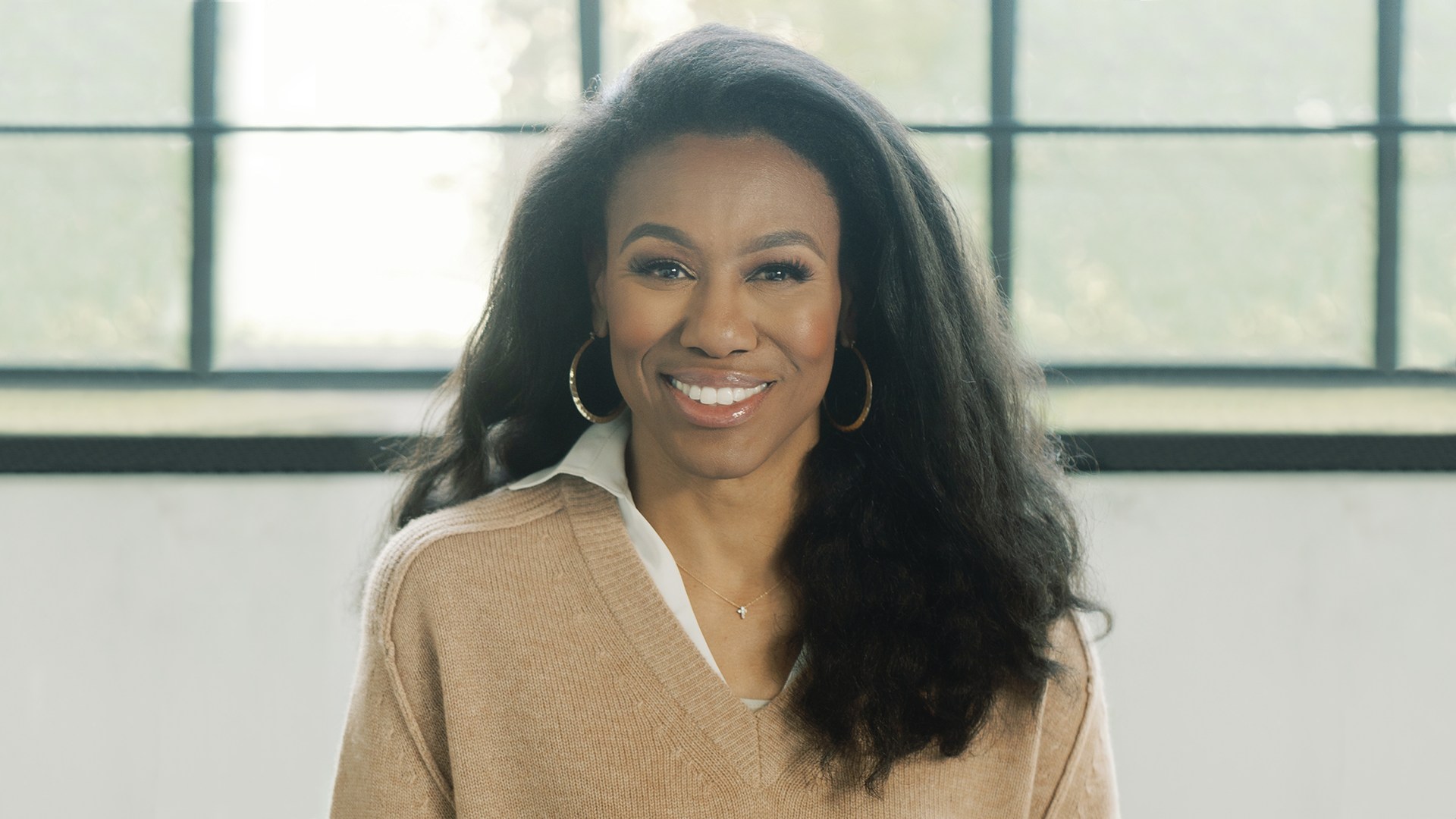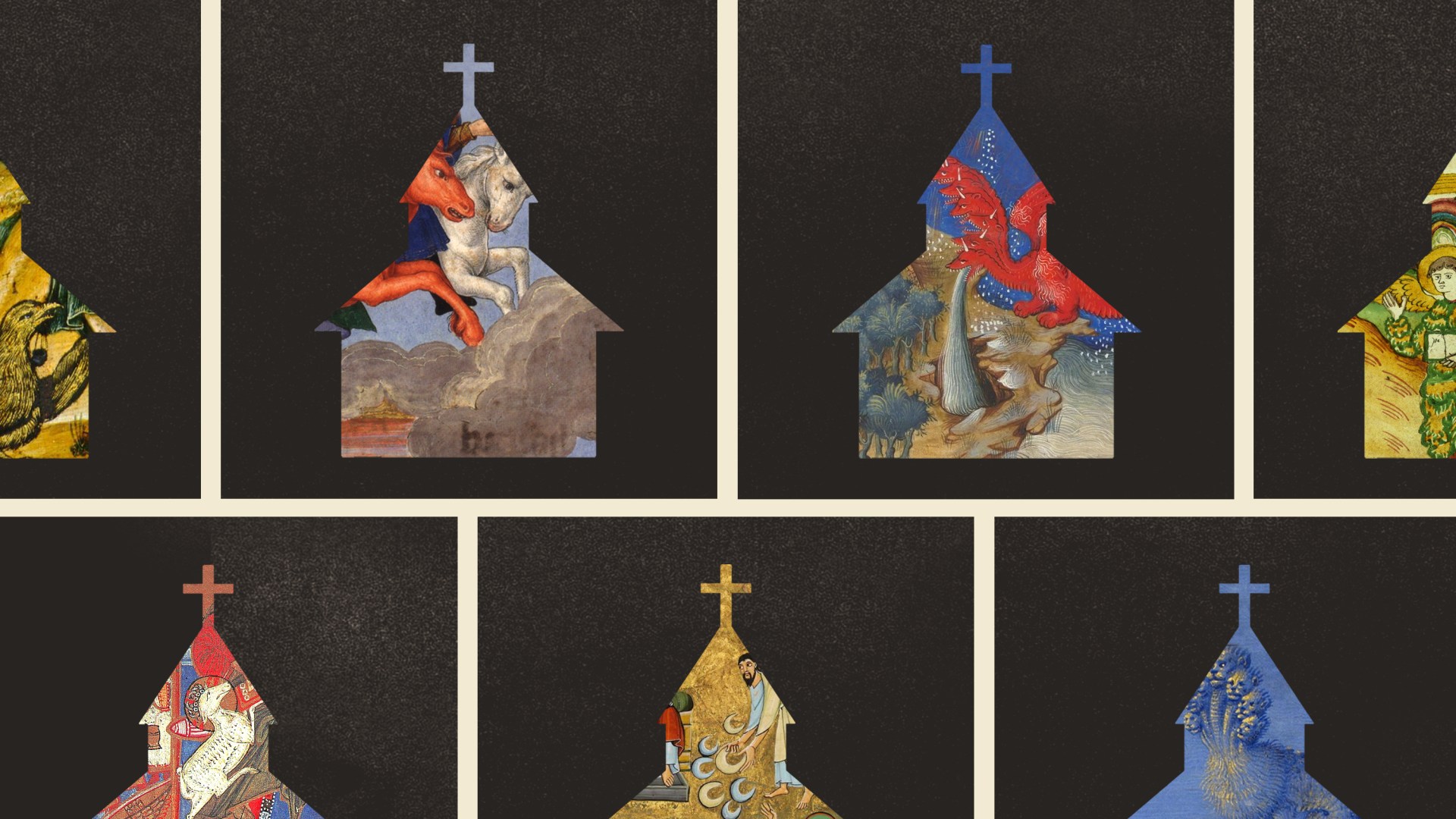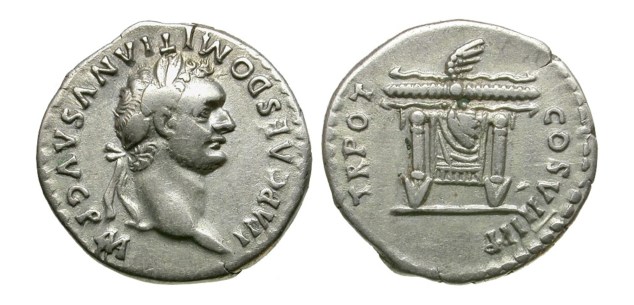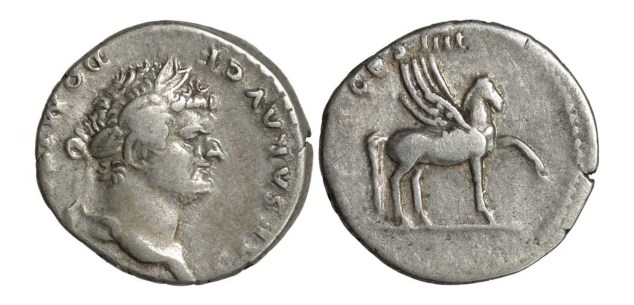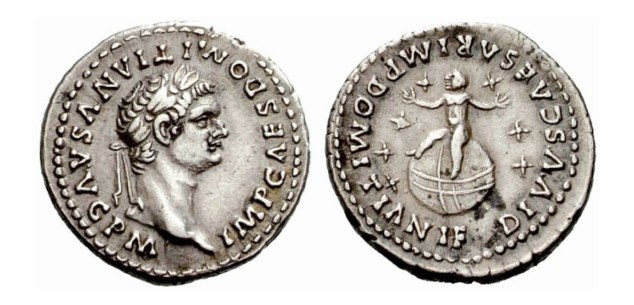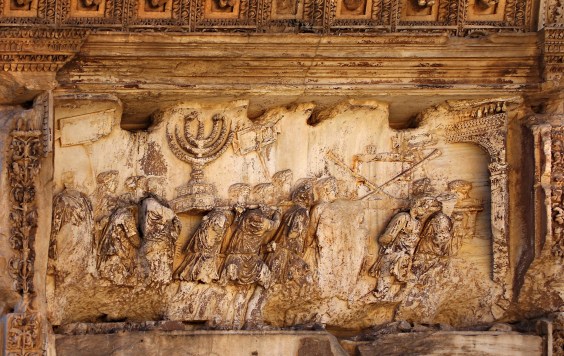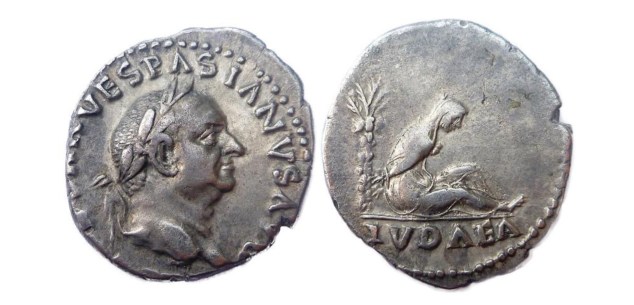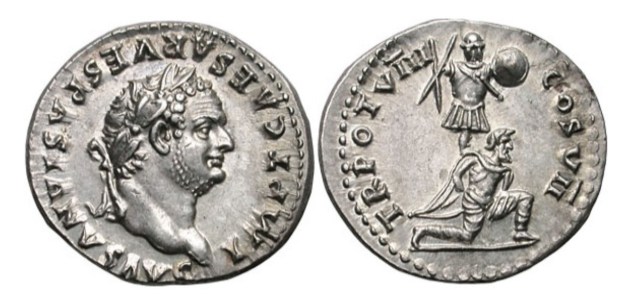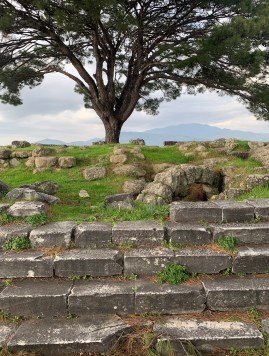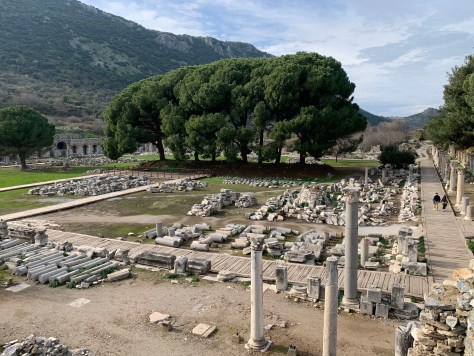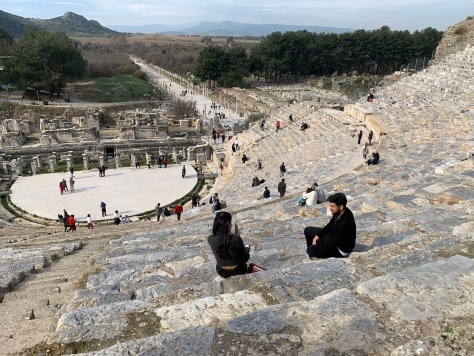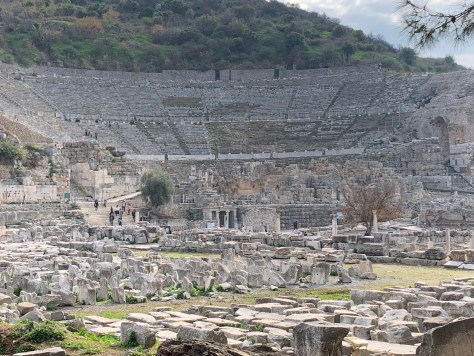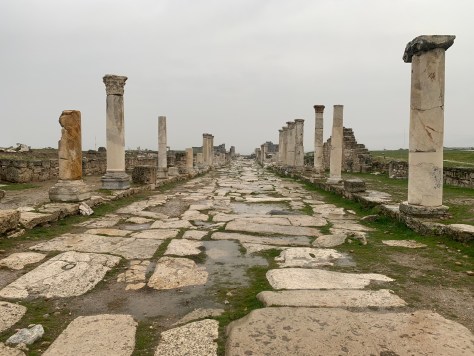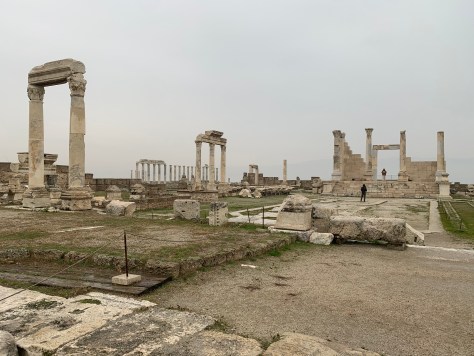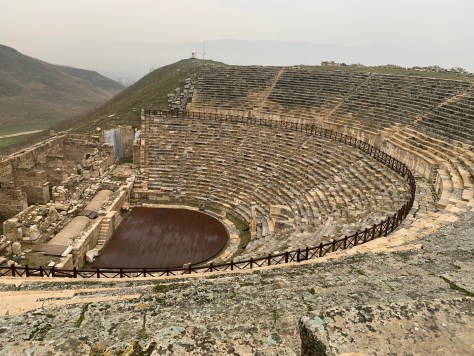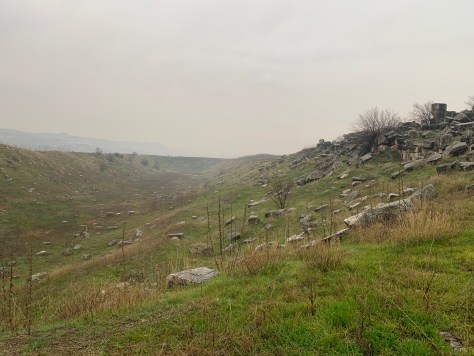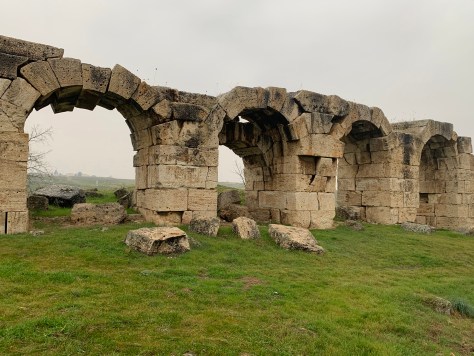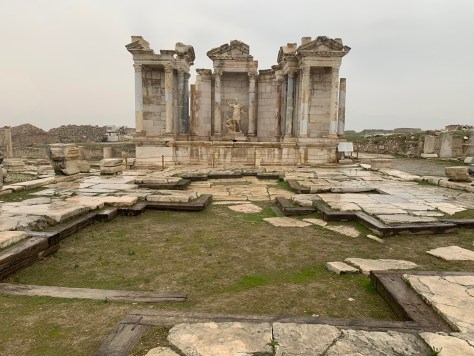I first met the late William Pannell in 1993 in a hallway of Christianity Today. I was in my early 20s, just a year removed from graduating college. Dr. Pannell was visiting his old friend, former CT president Paul Robbins, and the pair was on a leisurely tour around the office.
I remember being enthralled by this dashing Black man in a tailored suit, his throaty laugh echoing around the building. Excited to see a young Black editor on CT’s payroll, Pannell greeted me with that winsome smile that had launched a thousand provocative sermons.
We were both slightly taken aback to see another African American in an office that was then so thoroughly white. At the time, I was one of only two or three people of color employed by CT and the lone Black person on the editorial team. What I didn’t know then was that I was shaking hands with one of the people who had helped create the conditions for me to hold that very role.
Pannell was a trailblazer whose leadership at organizations such as Youth for Christ, Tom Skinner Associates, and Fuller Theological Seminary had unlocked doors for later generations of Black evangelicals to enter through. Long after that first meeting, he would tell me, “When we [pioneering Black leaders] were taking our lumps in the ’50s and ’60s at evangelical ministries, colleges, and publishers, we were imagining a future where leaders like you could be possible.”
Over the years, I had the privilege of interviewing Pannell for various articles, books, videos, and other projects, both public and personal. In each interaction, he was brilliant and exceedingly generous with his time. Although he was a walking embodiment of “speaking truth to power,” he always led with humor and humility.
I quickly learned that I was not alone in my fandom; he was a mentor to scores of women and men—pastors and preachers, scholars and activists, folks who had passed through his classrooms at Fuller, as well as scraggly strays like me whom he happened to find along the way. When I wrote my 2006 book, Reconciliation Blues, about being a Black evangelical in mostly white settings, I was taking cues from what he did in his groundbreaking 1968 tome, My Friend, The Enemy, a passionate corrective to a white evangelical community that he both loved and distrusted.
Pannell loved Jesus and his church. As a preacher, his heart beat for the gospel and its biblically rooted values of evangelism, discipleship, and justice. His teaching was grounded in a strikingly honest understanding of how Christianity and the church really operate in the world. He was frank about how they are often accessories to the sins of racism and social injustice rather than proponents of reconciliation.
A lack of real discipleship was at the core of our troubles, Pannell believed. “Christ’s parting command was that we go and make disciples of the nations,” he wrote in his last book, an expanded edition of his 1993 release, The Coming Race Wars? “It wasn’t build more churches; it was make disciples. It seems fairly clear today that we have far more churches and Christians than we have disciples.”
Before going into hospice care earlier this month, Pannell more or less worked until his 95-year-old frame could go no further. He preached via Zoom, finished a memoir, and conducted interviews for two documentaries, including one about his life and ministry. Throughout our three decades of acquaintance, he and I would periodically call or send a text to check in on one another. I never took the gift of his friendship for granted, but now that he’s gone, I’m appreciating those exchanges even more.
My final text from him came early Sunday, September 22. I had sent him a message the day before to congratulate him on The Gospel According to Bill Pannell, a documentary that had its premiere that weekend. “Beautiful film about an amazing man of God! That Bill Pannell is a remarkable fella,” I wrote.
His reply: “Thanks be to JESUS! And to his friends like you.”
Edward Gilbreath is the author of Reconciliation Blues and Birmingham Revolution.




























